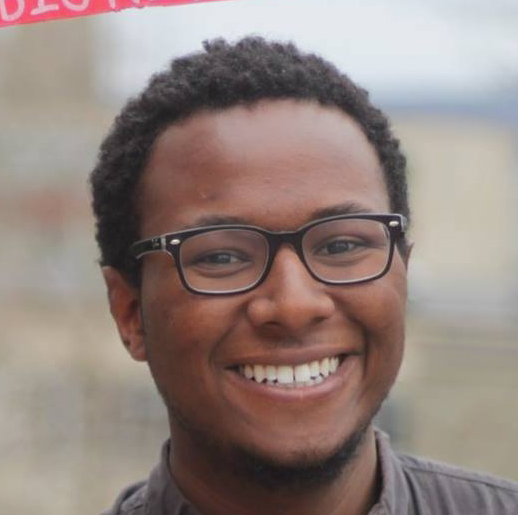What do students aim to achieve in the Master of Professional Studies (MPS) program in Information Science?
Vallery-Terry-cropped.jpg

Where are you from?
Before coming to Cornell in 2012, I lived in the outskirts of San Antonio, Texas. Growing up in a military family meant moving frequently, so in addition to Texas, I lived in Germany, California, Virginia, and Ohio. Now that I’m going on my 6th year in Ithaca, I consider myself as much a New Yorker as I do a Texan.
When do you intend to graduate?
I’m a first-semester MPS student, with plans to graduate in the spring of 2018. This puts me just a year out from my graduation as an undergrad in the spring of 2017.
Why did you want to pursue a master's degree in Information Science?
For me, I saw the InfoSci MPS program as the natural, professional step in solidifying my undergrad studies in HCI as well as gaining hands-on training in implementing real-world design solutions. The opportunities for project work help me to explore rapidly growing facets of HCI design and allow me to share my personal interests with clients and classmates. Ultimately, I plan on using the knowledge gained here to develop interactive educational systems that can be used by students around the world. Info Sci can show me how to best design products that create the most impact, minimize financial and professional risk, and utilize the most current trends in technology development.
What was the transition like for you, arriving as a graduate of Cornell's Department of Science and Technology Studies to a master's student in Information Science?
I used the last year of my undergrad studies at Cornell preparing for the transition into the MPS program. Because of the overlap in course requirements in InfoSci and the suggested “Focus Areas” of the MPS program, I was able to craft together a course schedule that ensured I was prepared for the expectations of masters-level work. Having access to MPS faculty and staff meant there was no shortage of advice and guidance when making decisions on what skills, knowledge, and mindset I needed to have in order to be successful in the program. Overall, the process was extremely smooth; the continuation of personally relevant coursework was seamless, my established professional connections with faculty as an undergrad were uninterrupted, and the increase in workload was manageable.
What aspects of the MPS program have you found to be most beneficial?
Having classes rooted in hands-on learning, semester-length projects, and client-based work are allowing me to build my UX portfolio while earning my master's degree. This means that every day is a significant step toward my career goals and professional development. Additionally, weekly colloquia make sure that I’m exposed to new ideas that I wouldn’t otherwise hear in my classes. Having industry experts and leaders in various academic fields talk about their work is a great opportunity to explore all that HCI can do for a world becoming more connected, dependent, and advanced through technology.



